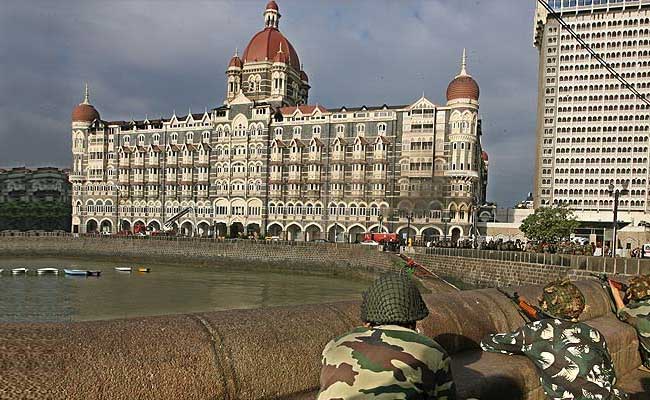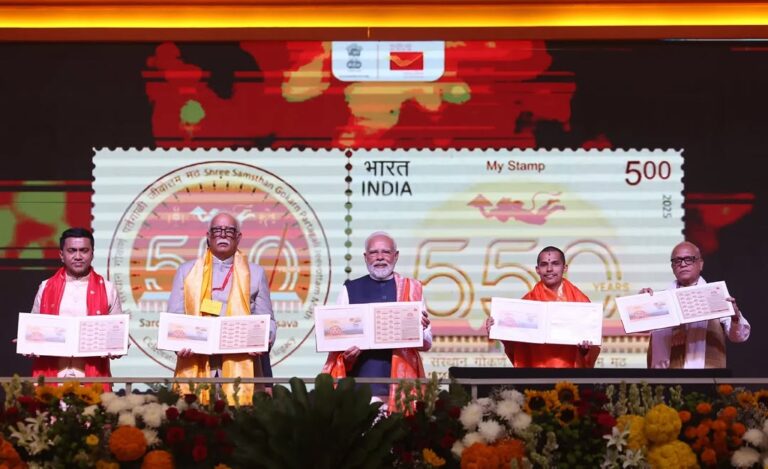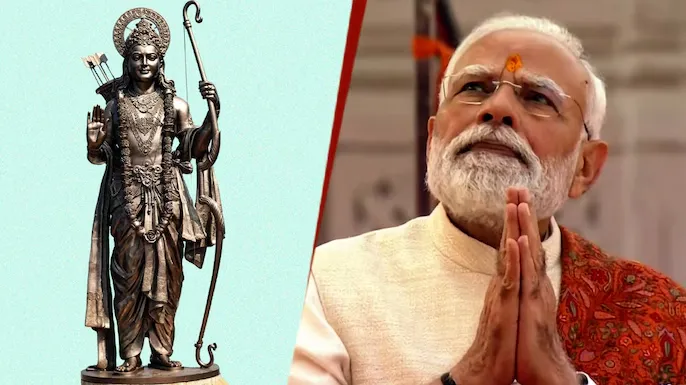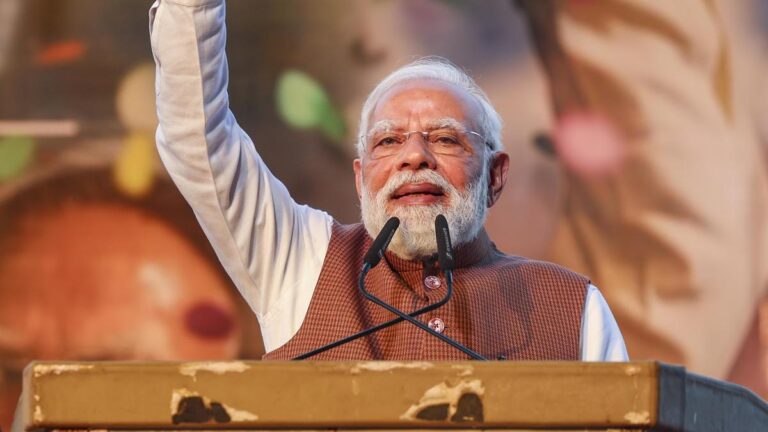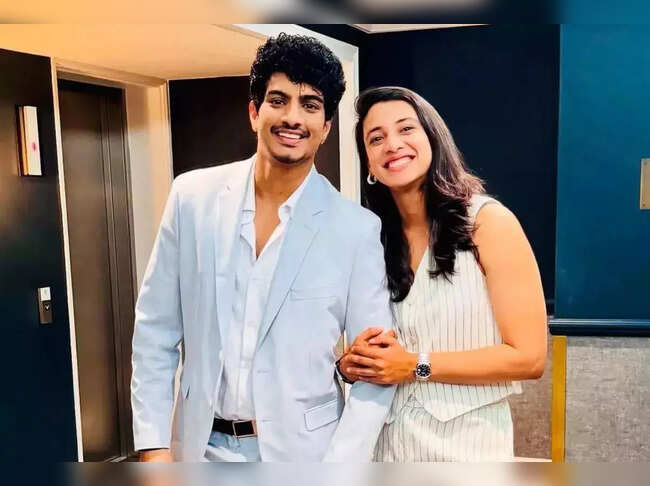26/11 Anniversary- This 12-month period marks 17 years since the horrific 26/11 Mumbai terror assaults, a tragedy that forever altered India’s collective reminiscence and exposed the devastating effects of worldwide terrorism. On the night of November 26, 2008, the bustling city of Mumbai witnessed one of the deadliest terror attacks in contemporary Indian history when the Pakistan-based terrorist organization Lashkar-e-Taiba (LeT) unleashed coordinated violence across the city.
What was observed over the subsequent four days became a chilling series of terror, destruction, and human struggling that claimed the lives of 166 innocent humans and left more than 300 injured, as Mumbai’s most iconic landmarks became scenes of chaos and heartbreak.
A Coordinated Assault on India’s Financial Capital
The attackers, a set of 10 heavily armed terrorists, entered Mumbai via the ocean direction beneath the quilt of darkness. Having meticulously deliberated their strike, they fanned out across strategically selected places designed to maximize panic and global attention.
The targets protected a number of Mumbai’s busiest and most symbolic websites:
- Taj Mahal Palace Hotel
- Oberoi-Trident Hotel
- Chhatrapati Shivaji Maharaj Terminus
- Nariman House (Jewish Centre)
- Leopold Cafe
- Cama Hospital
- Metro Cinema
These places had been frequented with the aid of overseas nationals, travelers, and the working populace, making them top websites for the terrorists’ calculated attack.
Four Days of Fear, Courage, and National Resistance
For four harrowing days, Mumbai stood nonetheless as gunfire, explosions, and hostage situations opened up. The National Security Guard (NSG), Mumbai Police, Marine Commandos, and other protection forces set up huge-scale rescue and counter-terror operations, finally neutralizing 9 terrorists. The sole captured attacker, Mohammad Ajmal Amir Kasab, was later convicted and executed in 2012 after an extensively publicized trial.
Among the numerous heroes remembered is Assistant Sub-Inspector Tukaram Omble, who sacrificed his life to seize Kasab, an act of superb bravery that helped discover essential details of the assault’s planning and execution.
Lingering Memories and Scars
Even today, the scars of 26/11 stay deeply etched in the metropolis’s collective awareness. Bullet marks at Leopold Cafe, the silent corridors of Nariman House, and memorials throughout South Mumbai remain as grim reminders of that night. For households who lost loved ones and survivors who deliver emotional and bodily wounds, the reminiscence remains painfully vivid.
National Security Lessons and Zero Tolerance Policy
The assault reshaped India’s technique for counterterrorism and countrywide safety. It reinforced the United States’s zero-tolerance policy towards terrorism, leading to fundamental reforms in intelligence coordination, coastal surveillance, and rapid reaction mechanisms.
In light of the latest security developments, consisting of the Delhi blast earlier this month, the anniversary serves as an effective reminder of the vulnerabilities exposed and the pressing need for persistent vigilance.
Memorial Events and ‘Neverever’ Pledge in Mumbai
To commemorate this solemn anniversary, the National Security Guard (NSG) Mumbai, in collaboration with the Ministry of Home Affairs, has organized a unique memorial and pledge ceremony at the Gateway of India themed “Neverever”—a vow that such an act of terror should in no way be allowed to occur once more.
The tribute consists of:
- A memorial region showing the names and pictures of the martyrs and sufferers
- Floral services and candlelight tributes
- A symbolic “Living Memorial” constructed from wax of homage candles to be preserved for future anniversaries
Additionally, eleven faculties and 26 colleges across Mumbai will keep pledge ceremonies with college students, reinforcing messages of peace, vigilance, and commitment to countrywide protection of a few of the younger technologies.
As nighttime falls, the Gateway of India will be illuminated within the tricolor, with the phrase “Neverever” projected as a reminder of countrywide unity and resilience.
Ongoing Investigations and International Cooperation
In a recent improvement, the National Investigation Agency (NIA) has sought new data from the American government concerning the case linked to Tahawwur Rana, a key accused in the 26/11 conspiracy. The request was changed to be made via the Mutual Legal Assistance Treaty (MLAT) procedure following Rana’s extradition to India.
Officials consider the additional details should improve ongoing investigations and assist in divulging ultimate links to the 2008 terror plot, in addition to reinforcing India’s pursuit of justice.
A Nation Remembers, A Nation Stands United
Seventeen years later, the ache of 26/11 nevertheless resonates—however, so does the courage, team spirit, and resilience that emerged in its aftermath. The anniversary isn’t most effectively an afternoon of mourning but additionally a reaffirmation of India’s commitment to defend its humans and maintain peace.
The sacrifices of the sufferers, heroes, security employees, and regular residents continue to be an effective image of energy in the face of terror. As candles are lit and prayers presented, the country bows its head in remembrance and renews its remedy that such horrors have to never ever be repeated.
Key Highlights:
- 17 years since the 2008 Mumbai terror attacks
- 166 lives lost, over 300 injured
- Memorial rite held at Gateway of India
- The “Neverever” pledge emphasizes national cleanup.
- Ongoing investigations intention to bolster justice

